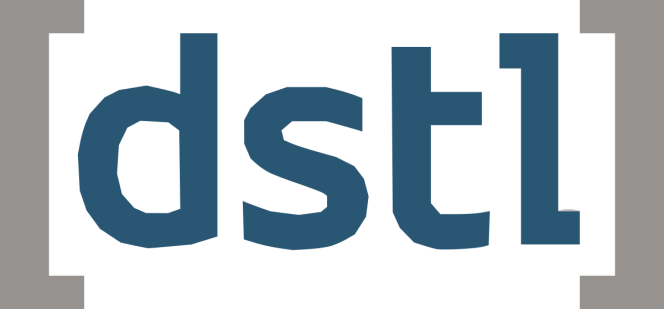
This workshop ran over two short days and followed on from three previous events which took place over the last 18 months. It was held in a hybrid format - with some delegates joining in person and others remotely. This took into account that not all individuals were able to travel, but we hoped to have welcomed many of you back to Cambridge. The Isaac Newton Institute where this event was held has put in place all necessary Covid-19 safety protocols and you will find further information about participation virtually and physically here and in this video.
Background
This initiative is a response to the need for the UK to be able to operate in the electro-magnetic environment (EME) across all domains; space, air, land, sea and cyber. Operating in the EME is an increasingly complex task as it becomes more congested and contested due to continuing growth in civilian and military demand for spectrum (for example 5G). Approaches to solving the challenges of operating in the EME have been successful over many years, but ever increasing complexity means it is now necessary to explore innovative approaches.
The EME programme of work began two years ago and seeks to apply new or alternative mathematics to these challenges and presents an opportunity to develop new approaches and create exciting possibilities for this field. Dstl have been working with PA Consulting and the Isaac Newton Institute to develop a framework to engage the mathematical community in this area. The plan is that this will continue over a number of years.
This event aimed to report back on what progress had been made and specifically on research endeavours and projects which have emanated from the previous research scoping workshops and study groups. It presented a number of new research challenges.
Aims and Objectives
This event started at lunch time on Tuesday 27th July, the afternoon session presented an overview of the programme of work so far and future plans. Progress on work to date on successful EME projects were presented:
- Detecting illicit mesh networks
- Optimum sensor placement
- Escape the sensor
- Polynomial Eigenvalue Decomposition (PEVD)
New Challenges Announced
On the morning of Wednesday 28th July, three new challenges covering the following themes was launched and will be pursued during 2021:
Resilience of closed protocols
- We have designed a new communications protocol for emergency responders
- We want to understand the capability of an adversary to degrade this protocol and make emergency response less effective
- What does our adversary need to know about the signal in order to best degrade the communication?
Finding the hops
- Frequency hopping is a method of transmitting signals with a rapidly changing carrier frequency.
- We are trying to minimise the amount of power used to disrupt a hopping signal
- Assuming we have probabilistic knowledge of the hopping sequence, what is the optimal jamming strategy
Optimal task assignment in a swarm
- Due to failures in the local distribution system, we need to provide power to key hardware, without using existing infrastructure
- We are using a swarm of drones to create a distributed power transmission network
- How can we best optimise the task list against the number and type of drones?
Registration
Registration for this event is now closed.



